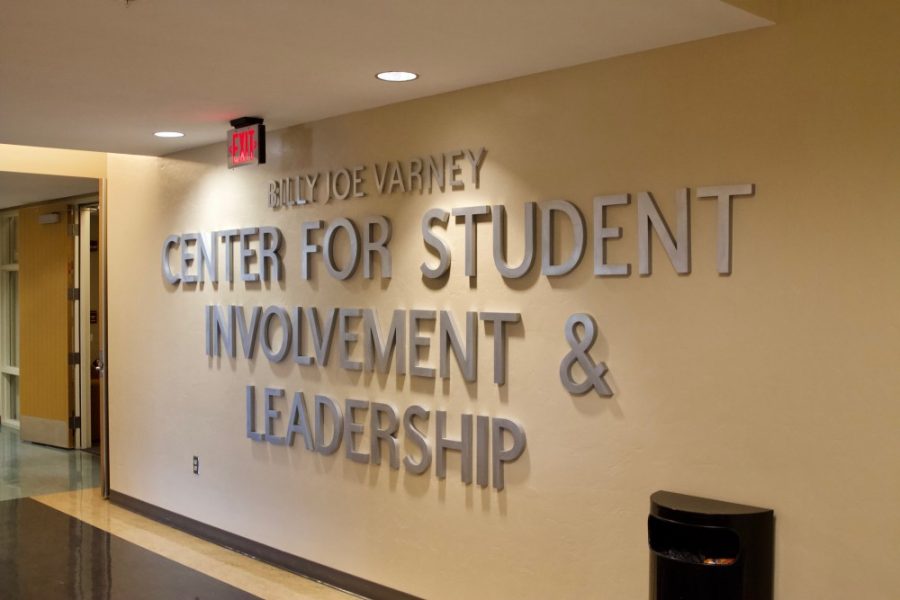The Survivor Advocacy program is hosting an open house on Wednesday, Feb. 13, from 5:30 p.m. to 7:30 p.m. The open house will be on the fourth floor of the Student Union Memorial Center in the Women and Gender Resource Center.
“We’re really just trying to get the word out,” said Karyn Roberts-Hamilton, a confidential survivor advocate who works in the WRC. “Not a lot of students know that we exist, so that’s the point of the open house.”
Survivor Advocacy started at the University of Arizona in July 2018.
Roberts-Hamilton said Survivor Advocacy has been in the works for many years. “Campuses of this size usually have eight advocates to support 45,000 students, and we have two, but we’re working on it,” she said.
RELATED: UA created new Department for Equity, Inclusion and Title IX to combat discrimination
Sexual and gender-based violence is a huge problem on college campuses. “We have overwhelming numbers of students who are impacted by sexual violence and don’t seek the resources they need, because they’re scared,” Roberts-Hamilton said.
The open house is an opportunity for students who have experienced sexual violence to be introduced to the program and the services provided.
“At the open house, we’ll be talking about our program and the resources we provide,” Roberts-Hamilton said.
Students can use Survivor Advocacy if they need academic accommodations, medical forensic exams, emergency housing, orders of protection, injunctions against harassment, no-contact orders or referrals to mental-health services on campus.
“We write referrals to mental health services here on campus, and our office pays for that, since we don’t want financial situations to be a barrier to seeking mental health services,” Robert-Hamilton said.
Students who choose to pursue legal action against their abusers can also find help at Survivor Advocacy.
“If they decide to go through the court process, we’ll accompany them there,” said Mya Cisneros, a UA student and outreach coordinator for Survivor Advocacy.
Roberts-Hamilton said almost every employee on campus is a mandated reporter, meaning if a student discloses they’ve experienced sexual assault or rape, the employee must report it to the Title IX office. She also said since she’s previously worked in a similar position before, she knows it’s difficult for students and employees to deal with sexual violence cases.
“It’s a barrier to students getting the resources they need because they don’t want to be interviewed by someone,” she said.
Roberts-Hamilton said that the program is different from Title IX offices because Survivor Advocacy doesn’t take names or record notes when a student uses their program.
“Confidentiality is such a huge piece [of the program],” Roberts-Hamilton said. “It’s not my job to encourage or discourage students from any one thing. It is not up to me or my coworker. It is completely up to the student.”
Individual students are free to choose the level of disclosure that makes them feel most comfortable, according to Roberts-Hamilton.
“There are students who share a lot and there are students who say nothing. They just come to see what their options are and all of those things are good,” Roberts-Hamilton said.
RELATED: The Women’s March returns to Tucson with hundreds gathering in solidarity
Roberts-Hamilton said that students can come into the office at any time after they’ve experienced sexual violence. Students have the freedom to choose what they want to do.
“‘It is okay to do nothing,’ I tell students that often,” Roberts-Hamilton said. “They don’t have to do anything. If they just needed to know what their options are, Survivor Advocacy can be a good starting point.”
Follow Priya Jandu on Twitter









